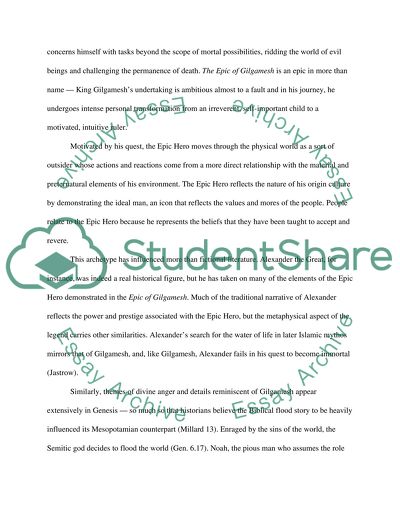Cite this document
(“Gilgamesh Essay Example | Topics and Well Written Essays - 1500 words”, n.d.)
Retrieved from https://studentshare.org/environmental-studies/1412027-gilgamesh
Retrieved from https://studentshare.org/environmental-studies/1412027-gilgamesh
(Gilgamesh Essay Example | Topics and Well Written Essays - 1500 Words)
https://studentshare.org/environmental-studies/1412027-gilgamesh.
https://studentshare.org/environmental-studies/1412027-gilgamesh.
“Gilgamesh Essay Example | Topics and Well Written Essays - 1500 Words”, n.d. https://studentshare.org/environmental-studies/1412027-gilgamesh.


